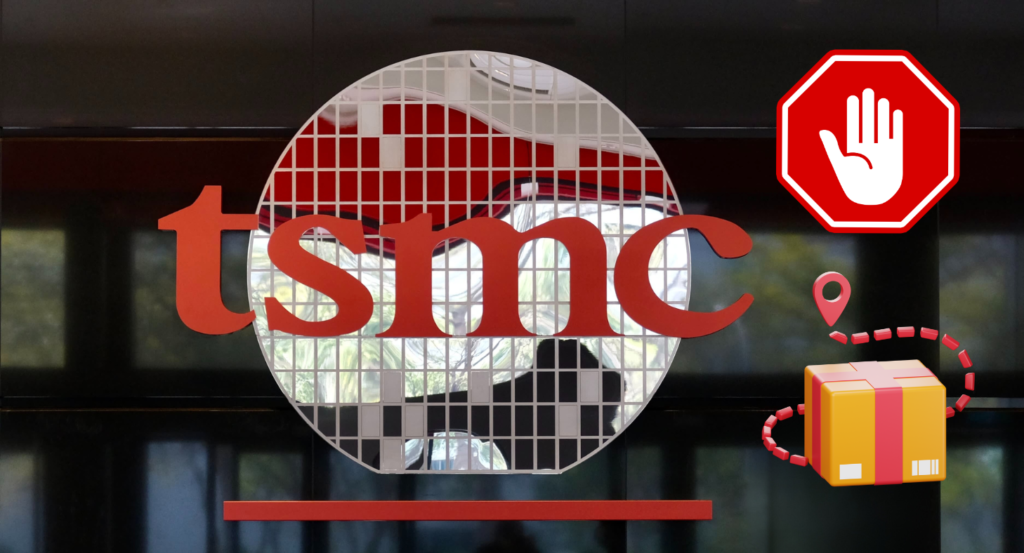Taiwan Semiconductor Manufacturing Co. (TSMC), the world’s largest contract chipmaker, will suspend production of advanced AI chips for Chinese companies starting Monday, according to a recent report by *The Financial Times*. The decision impacts AI chips manufactured at advanced process nodes of 7 nanometers or smaller—a key capability in high-performance computing, particularly for artificial intelligence applications.
The move comes in response to U.S. export restrictions aimed at curbing China’s access to cutting-edge technology that could potentially bolster its AI capabilities. Washington has expressed concerns that such advancements could be used to develop bioweapons and conduct cyberattacks, resulting in multiple sanctions to limit Chinese firms’ access to top-tier chips. The decision impacts Chinese tech companies dependent on TSMC’s advanced nodes, which are essential for training and deploying sophisticated AI models.
TSMC has communicated the production halt to its Chinese clients, a move likely requiring Washington’s approval for any future shipments. TSMC reiterated its commitment to complying with all applicable regulations, including export controls, while refraining from directly commenting on the report.
These new restrictions arrive just as the U.S. Commerce Department investigates how a TSMC-produced chip ended up in a Huawei device, despite Huawei being heavily sanctioned. Earlier this month, New York-based GlobalFoundries also faced repercussions, incurring a $500,000 fine for unauthorized chip shipments to SMIC, a blacklisted Chinese chipmaker.
TSMC’s halt in production will likely create significant ripples for China’s AI ambitions, underscoring the profound geopolitical impact of advanced semiconductor technology in today’s competitive landscape.



